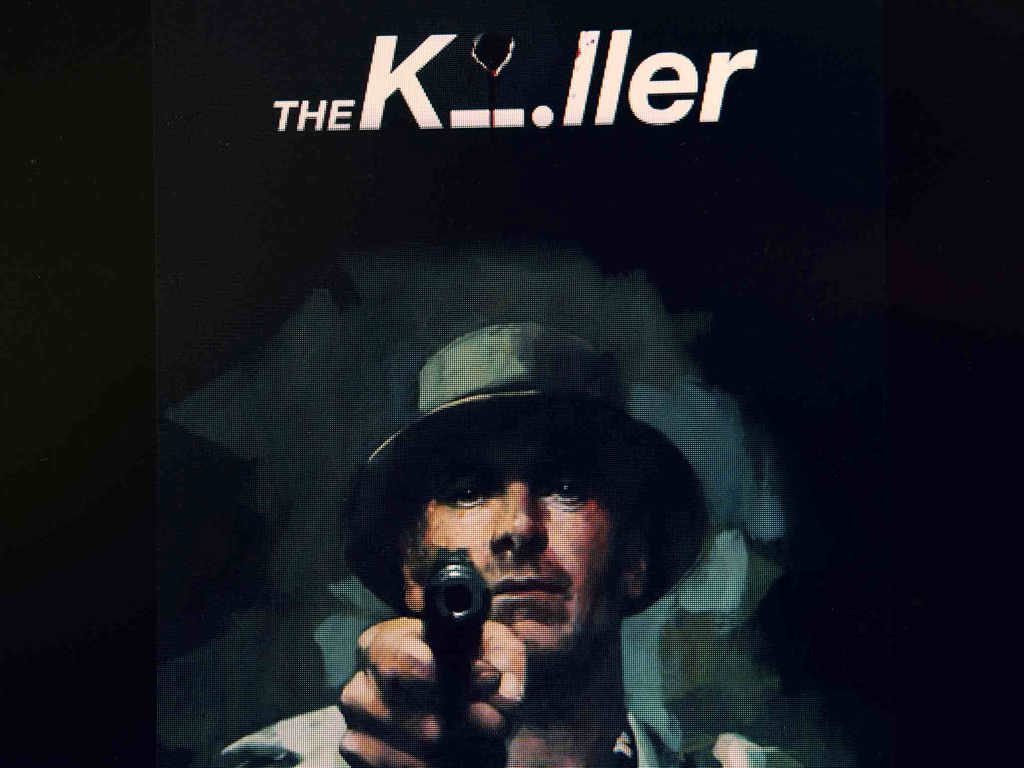Brock has found a way to keep an independent cinema community alive in Niagara.
Operated through the Department of Communication, Pop Culture and Film, the Brock University Film Society (BUFS) has served as a staple for cinephiles at Brock and the surrounding community for 40 years.
On the first Thursday of every month, the BUFS hosts a screening at the Film House located at the FirstOntario Performing Arts Centre. These screenings are not private and are open to the public. Students and faculty are not offered discounts for ticket prices; all fees are fixed in accordance with the Film House.
For the month of November, the BUFS hosted a screening of David Fincher’s latest film The Killer. Following the life of an assassin in the shadows, the film allows audiences to see the inner workings of a character so obsessed with how their job must be executed that their task at hand seems to fall apart entirely.
Visually speaking, the film easily fits with the aesthetic choices of other Fincher films, using a gloomy palette with a slight green tint. It’s edited to be fast and to keep viewers active and on-edge, relying on continuity editing to make the events flow to the next scene before you have a chance to brace yourself.
In comparison to Fincher’s other films such as Gone Girl (2014), The Killer is hardly a reflective slow burner at all. In moments of high tension when the assassin is reflecting on his lifestyle, the audience is left on edge until the plot continues to move forward as swiftly as a bullet.
A memorable takeaway from the film’s cinematography is its attention to time within shots. The storyline moves at a constant speed, but Fincher executes a tension and release effect within shots that may feel ten times longer than they are, making the eventual release of tension all the more thrilling.
Beyond The Killer’s literal approach to portraying an obsessed, methodical assassin, the film translates itself to a comprehensive theme of neurosis. The first of six chapters in the film provides the audience with all the key traits about the protagonist. His obsession with the idea of his career and not the career itself becomes the source of many challenges.
In a twisted way, The Killer falls in the same vein as other “obsessed artist” films, depicting someone so driven by the pursuit of all-encompassing perfection that they drive themselves mad and ironically further off-course from their main goal.
As with Fincher’s usual screenplays, The Killer wields a dark wit that simultaneously shocks and acts as very much needed gaps in the film’s breakneck story. Hardly any of the humour feels intentional, but the protagonist’s absurd philosophy seems to be something Fincher himself was aware of as a criticism towards self-absorbed pursuits of perfection.
All this dissection aside, The Killer is not a very complex film; it follows a rather simple plot structure. The protagonist is an archetypal unreliable narrator, and the film would be more tainted by this had the audience not constantly been treated like an outsider to the cinematic events. The Killer is one of the most striking films to be released this year; it’s an examination of neurosis in its most overt form, encompassing the entire worldview of the protagonist which backfires on him at every turn. Sharing the viewing experience with the BUFS served as a reminder of the role cinemas have as cultural staples for all lovers of film.

